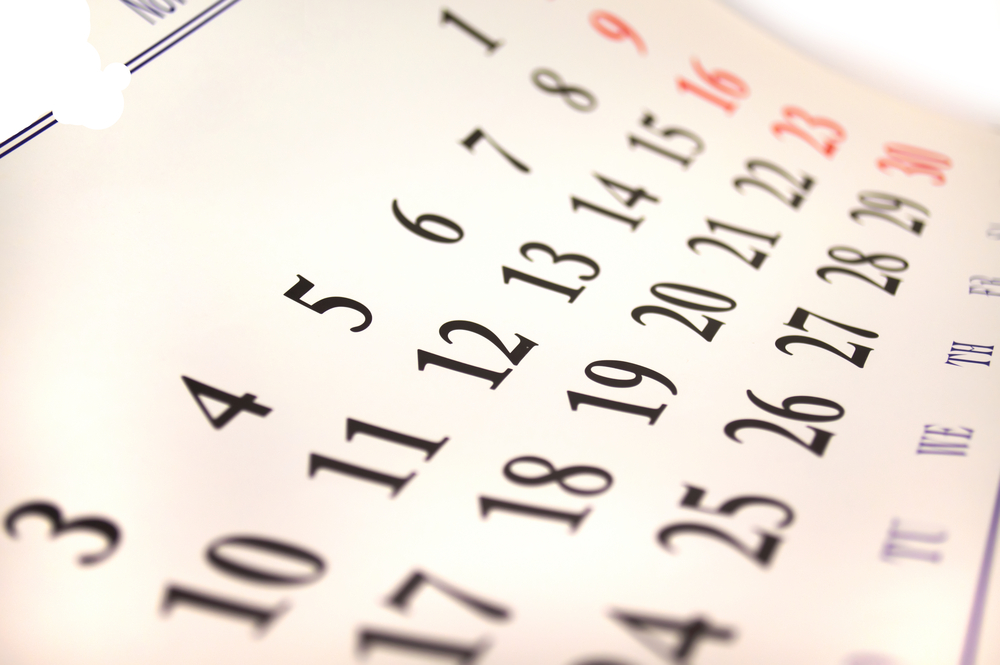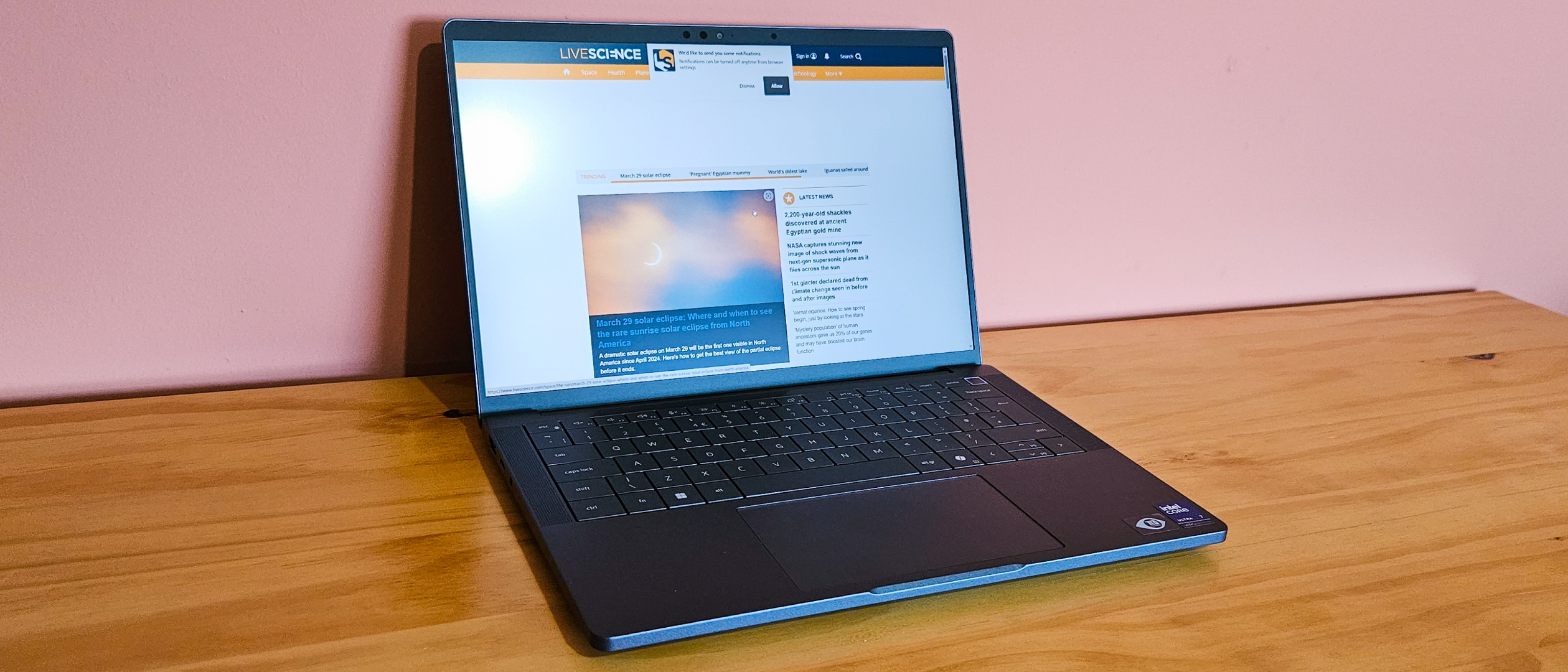
It's the end of the year: time to start fresh, make resolutions and get ready for 2017.
But as the world counts down to midnight, let's take a moment to question why people around the planet are celebrating the new year at that very moment.
It turns out that the new year wasn't always on Jan. 1, and still isn't in some cultures.
The ancient Mesopotamians celebrated their 12-day-long New Year's festival of Akitu on the vernal equinox, while the Greeks partied around the winter solstice, on Dec. 20. The Roman historian Censorius, meanwhile, reported that the Egyptians celebrated another lap around the sun on July 20, according to a 1940 article in the journal the Proceedings of the American Philosophical Society.
During the Roman era, March marked the beginning of the calendar. Then, in 46 B.C., Julius Caesar created the Julian calendar, which set the new year when it is celebrated today, Live Science previously reported.
But even Julius Caesar couldn't standardize the day. New Year's celebrations continued to drift back and forth in the calendar, even landing on Christmas Day at some points, until Pope Gregory XIII implemented the Gregorian calendar in 1582. The Gregorian calendar was an attempt to make the calendar stop wandering with respect to the seasons. Because the Julian calendar had a few extra leap years than was necessary, by the 1500s, the first day of spring came 10 days earlier.
Though the selection of the new year is essentially arbitrary from a planetary perspective, there is one noteworthy astronomical event that occurs around this time: The Earth is closest to the sun in early January, a point known as the perihelion.
Get the world’s most fascinating discoveries delivered straight to your inbox.
Nowadays, Jan. 1 is almost universally recognized as the beginning of the new year, though there are a few holdouts: Afghanistan, Ethiopian, Iran, Nepal and Saudi Arabia rely on their own calendrical conventions.
Different religions also celebrate their New Year's at different times. For instance, the Jewish calendar is lunar, and its New Year's festival, Rosh Hashanah, is typically celebrated between September and October. The Islamic calendar is also lunar, and the timing of the new year can drift significantly. For instance, in 2008, the Islamic New Year was celebrated on Dec. 29, while it will come on Sept. 22 in 2017. The Chinese calendar, meanwhile, is also lunar, but the Chinese New Year falls between Jan. 21 and Feb. 20.
Originally published on Live Science.

Tia is the managing editor and was previously a senior writer for Live Science. Her work has appeared in Scientific American, Wired.com and other outlets. She holds a master's degree in bioengineering from the University of Washington, a graduate certificate in science writing from UC Santa Cruz and a bachelor's degree in mechanical engineering from the University of Texas at Austin. Tia was part of a team at the Milwaukee Journal Sentinel that published the Empty Cradles series on preterm births, which won multiple awards, including the 2012 Casey Medal for Meritorious Journalism.

